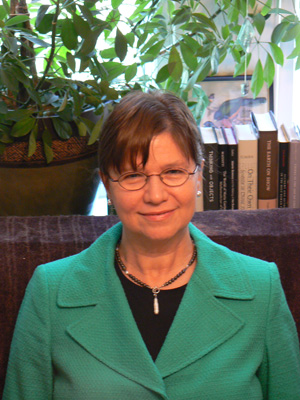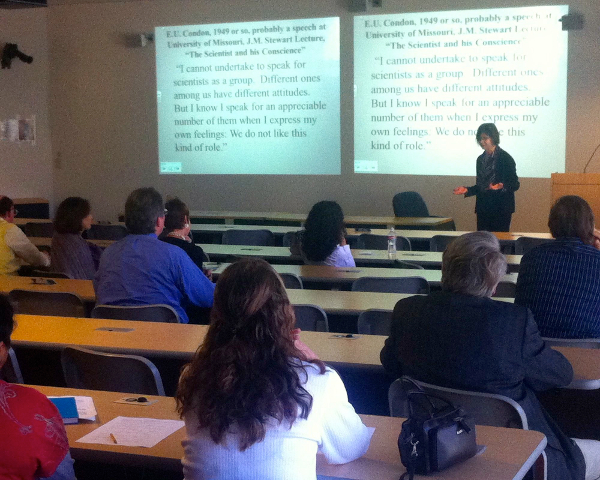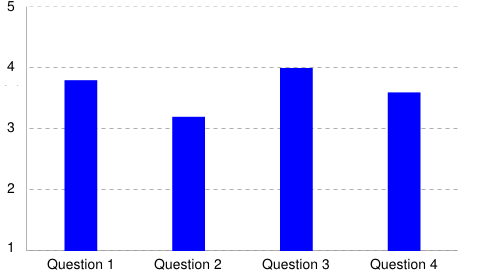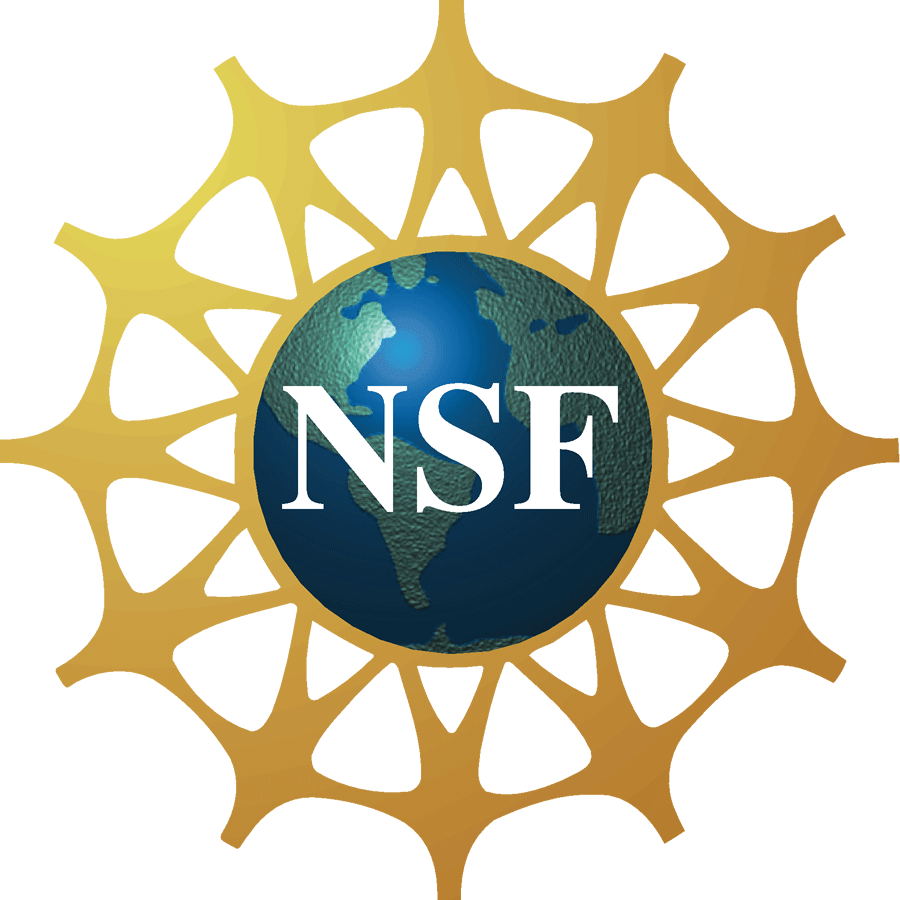Seminars and Panels
|
Keeping Secrets: Scientists' strategic management of militarization, 1945-1980
Professor Susan M. Lindee
|
Nov 12, 2012 |

In the heart of the Cold War, scientists often found themselves wrestling with professional quandaries. The generation that had learned in the course of their formal education in the 1930s and 1940s that science was open, universalistic, internationalistic, and an endeavor focused on the welfare of mankind, found instead that their research was not open but secret, not internationalistic but nationalistic, and not conducive to the “welfare of mankind” but engaged with the sophisticated technical production of injury to human beings. They made new weapons, new surveillance methods, new information systems, even new ways to control prisoners (through psychology), bring down economies, or start epidemics. Experts from physics to sociology found their research calibrated to empower the security state, and scientists trained to see themselves as creating knowledge for the good of mankind found themselves engaged instead on something that felt very different to many of them as the Cold War intensified. In this talk, I explore some of their responses to this changed world. I look at how scientists talked about “learning to lie,” burning trash, keeping secrets from each other, and handling security clearances. I seek to reconstruct the quotidian, everyday practices that were provoked by militarization during the Cold War. My goal is to shed some light on one of the most profound changes in human history: The military transformation of technical knowledge over the last century.
About Professor Susan Lindee
Susan Lindee is a historian who studies historical and contemporary questions raised by human and medical genetics and genomic medicine. She is a Professor at the Department of History and Sociology of Science and Associate Dean of the Social Sciences at the University of Pennsylvania. Her books include Suffering Made Real (1994), The DNA Mystique (1995) with the late sociologist Dorothy Nelkin, and Moments of Truth in Genetic Medicine (2005). Lindee also has been involved in collaborations with anthropologists, including her work with Alan Goodman and Deborah Heath, on the 2003 edited volume Genetic Nature/Culture: Anthropology and Science Beyond the Two Culture Divide, and her April 2012 co-edited special issue of Current Anthropology, “The Biological Anthropology of Living Human Populations: World Histories, National Styles and International Networks.” Lindee is a Guggenheim Fellow, a Weiler Fellow, and the winner of a Burroughs Wellcome Fund 40th Anniversary Award and the Schuman Prize of the History of Science Society.

Audience Reception |
n = 36 |

Question 1 - How interesting was the topic to you?
Question 2 - How relevant was the topic to your interest and field of research?
Question 3 - How would you rate the quality of the presentation?
Question 4 - How would you rate the quality of the audience's interaction with the speaker?
- 2017 - 2018
- 2016 - 2017
- Behavioral Concepts and the Sciences of Human Behavior
H. Longino Apr 21, 2017 - Insane Asylums and Genetics: How Human Heredity Became a Data Science
T. Porter Feb 17, 2017 - The Nature of Pride: The Emotional Origins of Social Rank
J. Tracy Jan 23, 2017
- Behavioral Concepts and the Sciences of Human Behavior
- 2015 - 2016
-
Public Ethics, Politics and Sociobiology
M. P. Sheldon Mar 11, 2016 -
Classifying People by Color: How Racial Categories Change Over Time
A. A. Martinez Feb 29, 2016 -
The Origin of Social Impulse: E.O. Wilson's Recent and Controversial Rejection of Kin Selection in Historical Context
A. Gibson Dec 4, 2015
-
Public Ethics, Politics and Sociobiology
- 2014 - 2015
-
Special Event: Lone Star History of Science Meeting Writing the Origin with Burned Fingers: Darwin's Penance for the "Sin of Speculation"A. Sponsel Apr 3, 2015 - Welfare, Work, and Witness: Why Clinical Research Can Survive the Death of a Healthy Human Subject
L. Stark Apr 3, 2015 - The Distinctive Significance of Systemic Risk
A. James Mar 6, 2015 - The Devil's Heritage: Masuo Kodani, the "Nisei Problem," and Social Stratification at the Atomic Bomb Casualty Commission in Japan (1946-1954)
V.B. Smocovitis Jan 28, 2015 - Atypical Combinations and Scientific Impact
B. Uzzi Dec 8, 2014 - Psychology of Science and Technology
M. Gorman Nov 17, 2014 - How Economics Shapes Science
P. Stephan Sep 10, 2014
-
- 2013 - 2014
- The Decision to Put David Vetter in the Bubble
J. H. Jones Apr 16, 2014 - Ethical Paradoxes of
Control: Science, Engineering, and the Expansion of Moral ResponsibilityR. Hollander Mar 3, 2014 - 'Broken Symmetry': Humanism, Militarism, and the Dilemmas of Scientific Identity in Nuclear Age America.
J. Wang Feb 17, 2014 - Using Creative Non-Fiction in Teaching Research Ethics
C.M. Klugman Dec 2, 2013 - Does Neuroscience Undermine Responsibility?
W. Sinnott-Armstrong Nov 15, 2013 - Arming Mother Nature: The Birth of Catastrophic Environmentalism
J. Hamblin Oct 18, 2013
- The Decision to Put David Vetter in the Bubble
- 2012 - 2013
- Lead Wars: the Politics of Science and the Fate of America's Children
D. Rosner Mar 25, 2013 - Identifying potential pitfalls in the quantitative appraisal system for scientific careers
A.M. Petersen Dec 3, 2012 - Keeping Secrets: Scientists' strategic management of militarization, 1945-1980
S. Lindee Nov 12, 2012 - Evolutionary Theory as Methodological Anesthesia: Methodological and Philosophical Lessons from Evolutionary Psychology
R.N. Boyd Oct 19, 2012 - Panel on Peer-Review Issues
Oct 11, 2012
- Can technology enable cities to cope with the economic winter?
A. Hampapur Sep 21, 2012
- Lead Wars: the Politics of Science and the Fate of America's Children
- 2011 - 2012
- Engineering Success and Failure on 9/11
S.K.A. Pfatteicher Apr 27, 2012 - Regulating Ionizing Radiation: Flawed Standard, Flawed Ethics
K.S. Frechette Mar 5, 2012 - Do fish feel pain?
C. Allen Jan 25, 2012 - The Ethics of Relevancy
J. Levine Dec 13, 2011 - ORI Cases and How to Protect Yourself from Research Misconduct in Your Labratory
A.R. Price Nov 7, 2011
- Engineering Success and Failure on 9/11











